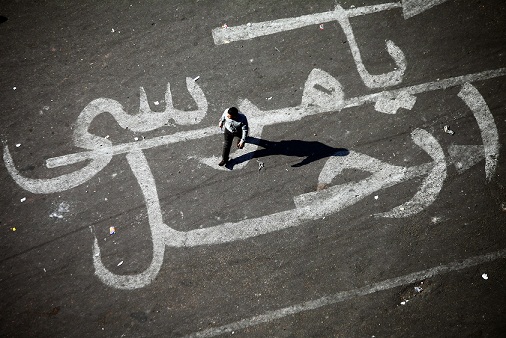A failure to reach a legally binding agreement on the controversial Ethiopian dam is set to threaten half of Sudan’s population, according to the country’s Minister of Water Resources and Irrigation Yasser Abbas.
Abbas also called for an exchange of information with Ethiopia on reaching a binding legal agreement regarding the Grand Ethiopian Renaissance Dam (GERD). He also stressed the need to change the negotiation methodology led by the African Union (AU).
“We are not ready to conduct negotiations with the same previous methodology, because it simply means buying time,” he said.
Speaking at a press conference on Wednesday, Abbas called on the media to address the issue in a balanced manner, adding that the GERD has several benefits for Sudan.
These relate mainly to electricity generation, and reducing silt and flooding, but that this is provided there is a binding tripartite agreement.
The minister added that the Blue Nile is an international river shared by three countries, and as a result, the agreement must be tripartite.
“Serious negotiations must be held between the three countries,” he added, referring to his country’s demand to transfer international observers to mediators to ensure serious negotiations.
He said that Sudan addressed the United Nations (UN) Security Council, and called for a change in the negotiation methodology, calling for serious negotiations that preserve the interests of all parties.
Abbas also said that the volume of the second filling of the GERD did not exceed 4 billion cbm, adding that this volume is much less than that announced and targeted by Ethiopia.
He stated that the data on the dam’s reservoir filling confirms the need to exchange information on the GERD and Roseires Dam, to operate safely

